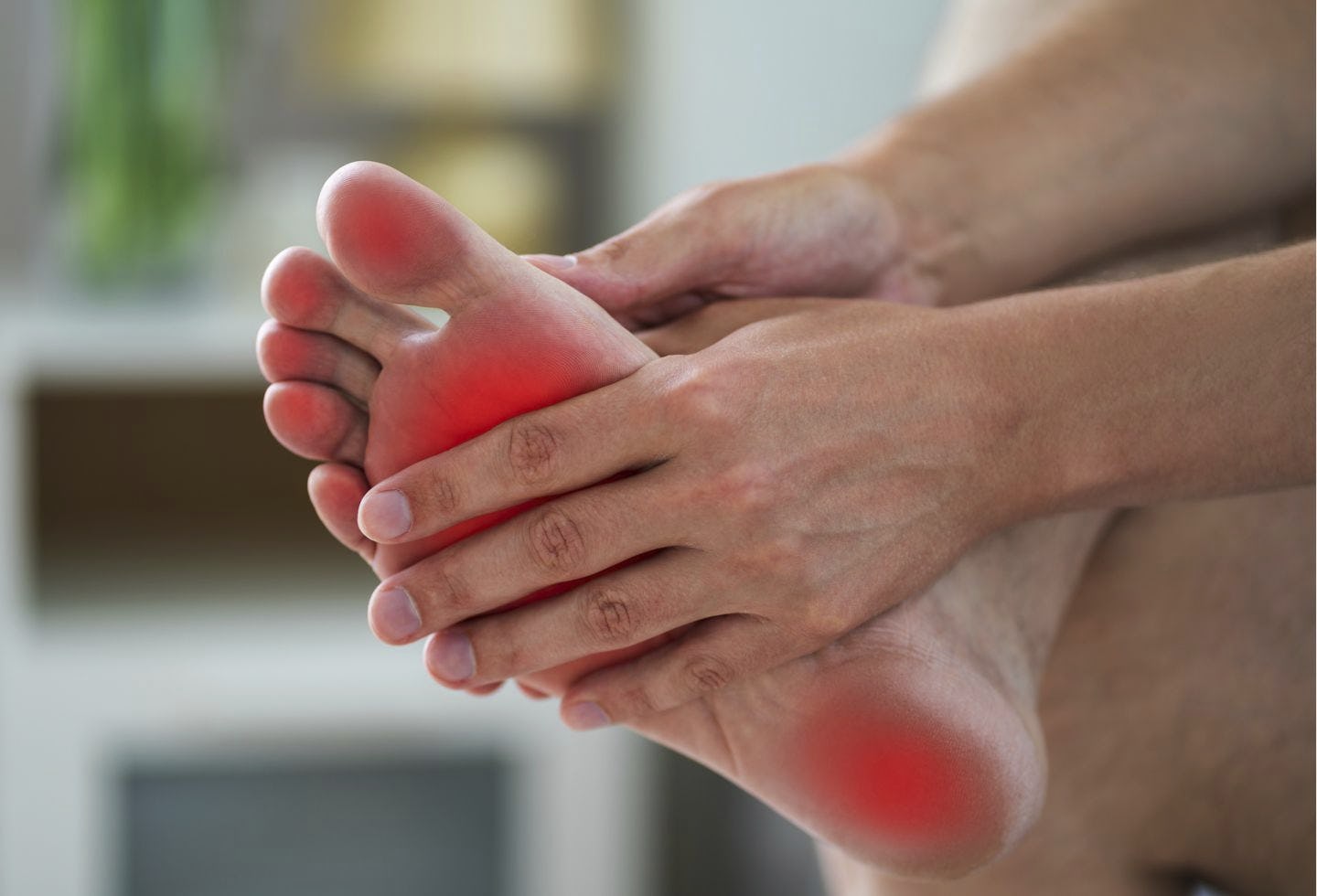Physical therapy can be beneficial for managing peripheral neuropathy, a condition
characterized by damage to the peripheral nerves, often resulting in symptoms like numbness,
tingling, weakness, and pain in the extremities. Here are some ways physical therapy may help:
- Improving Strength and Mobility: Physical therapists can design exercises to strengthen muscles and improve flexibility and range of motion in affected limbs. This can help compensate for weakness and improve overall function.
- Balance and Coordination Training: Peripheral neuropathy can affect balance and coordination, increasing the risk of falls. Physical therapists can prescribe exercises and techniques to enhance balance and reduce the risk of falls.
- Pain Management: Physical therapists can employ various modalities such as manual therapy, ultrasound, or electrical stimulation to help manage pain associated with peripheral neuropathy. They may also teach techniques for self-management of pain, such as relaxation exercises or positioning techniques.
- Gait Training: Peripheral neuropathy can impact walking patterns. Physical therapists can analyze gait mechanics and provide guidance on proper walking techniques or recommend assistive devices like canes or orthotics to improve mobility.
- Sensory Re-education: For individuals experiencing sensory deficits such as numbness or tingling, physical therapists can implement sensory re-education techniques to help the brain adapt to altered sensations and improve proprioception.
- Education and Self-Management: Physical therapists can educate patients about peripheral neuropathy, its causes, and strategies to manage symptoms. This may include lifestyle modifications, such as proper foot care, avoiding activities that exacerbate symptoms, and maintaining a healthy lifestyle.
- Functional Training: Physical therapists can tailor exercises to simulate activities of daily living, helping patients regain independence and confidence in performing tasks despite neuropathic symptoms.
- Patient-Specific Treatment Plans: Every individual’s experience with peripheral neuropathy is unique, so physical therapists develop personalized treatment plans based on the patient’s specific symptoms, functional limitations, and goals.
It’s essential for individuals with peripheral neuropathy to work closely with their healthcare team, including physical therapists, to develop a comprehensive treatment plan that addresses their specific needs and maximizes their quality of life.

